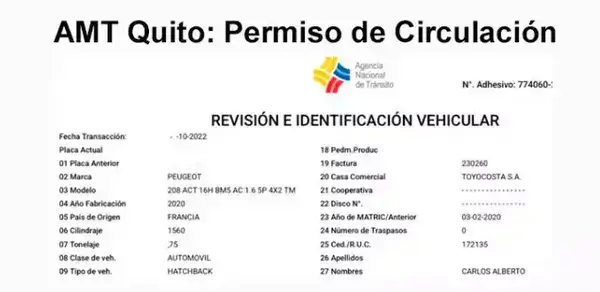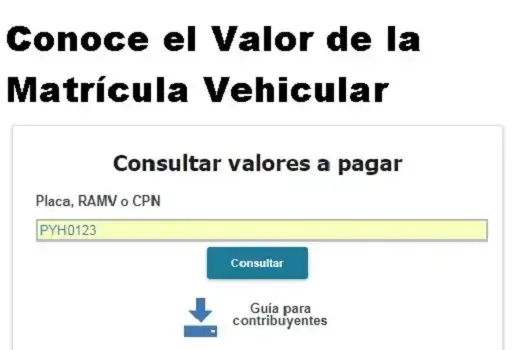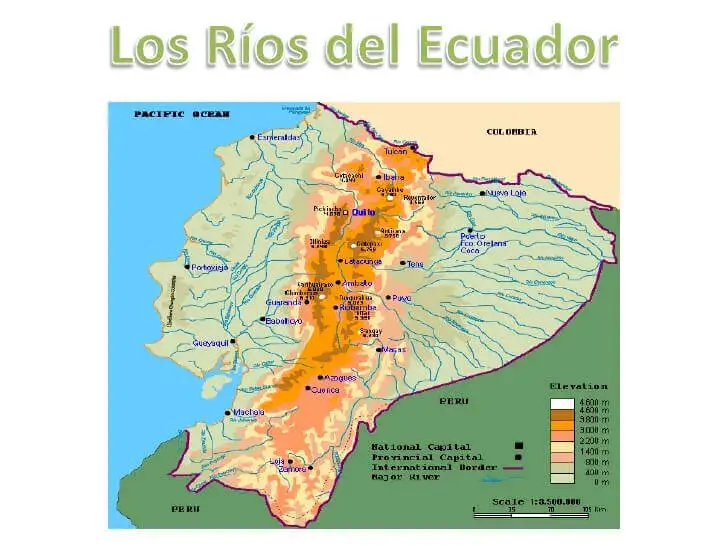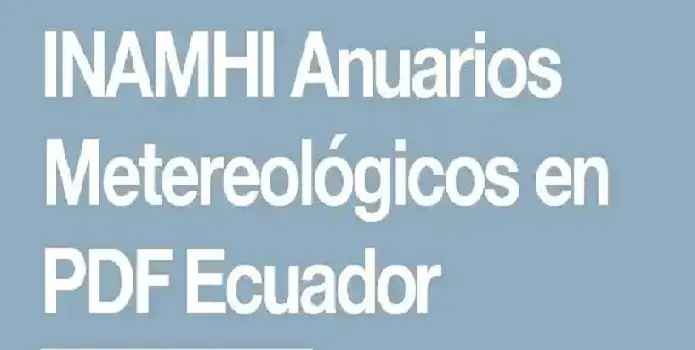COVID-19 lessons: How to ensure we don’t forget the really important stuff when we move past the pandemic
This column is an opinion by Scott Mitchell, who teaches at Carleton University in the School of Journalism and Communication. His research focuses on media coverage of contagious disease outbreaks, as well as risk communication, perception, and behaviour. For more information about CBC’s Opinion section, please see the FAQ.
When this coronavirus outbreak is over – and at some point, it will be over – how do we ensure that we learn the right lessons? There’s a real chance that the public health response will paradoxically be «too good.»
By that I mean that when we look back at all this, some people might say, ‘why did we have all these public health measures, systemic responses, news coverage, and resources devoted to dealing with the pandemic, when things ultimately turned out OK?’
This might sound like ridiculous circular logic, and in some ways it is.
Maybe these considerations seem premature, because COVID-19 is still unfolding and there’s a lot of uncertainty. No one can say for sure what the future holds. But I’m concerned that eventually the public might have this kind of response to COVID-19, because it’s what happened to an extent after the 2003 SARS epidemic, and it’s what has happened in many other past situations involving risk, uncertainty, and extensive news coverage.
Of course, COVID-19 is not SARS. We already know there are meaningful differences between the two outbreaks. But this is the time to be anticipating different future outcomes and public reactions, and thinking about how to deal with them.
In fact, we’re already seeing these kinds of conversations unfold not just among the public, but among leading epidemiologists.
People are simply bad at remembering how they felt and acted in the past. There are those today in the U.S. who would not admit to voting for George W. Bush, for example, because in hindsight they feel differently now about his presidency than when they cast their ballot for him – and thus they remember their own past feelings and actions differently. In other words, their current feelings override their memories of past feelings and actions.
This weird cultural memory – this collective act of forgetting – also happens with contagious disease outbreaks.

During the 2014 Ebola crisis, people in North America were anxious about a domestic outbreak – an unrealistic, unproductive anxiety that impeded public health measures. But looking back now, do those people clearly remember the Ebola crisis? Do they remember their feelings accurately? Do they realize that they panicked unnecessarily, and that health authorities’ reassurances were indeed accurate?
If people came to grips with the truth of all those memories, perceptions, and ultimate realities, it could lead to more productive responses to future public health crises – but typically, people don’t really do that.
There are three prime considerations here:
- People forgetting how they felt in the midst of a crisis, when looking back on it.
- That old saying: «When you do things right, people won’t be sure you’ve done anything at all.»
- How COVID-19 has been mediated — through the news, social media, public health messaging, and other sources.
That last consideration is a major one. Even after decades of research in communication and journalism studies, many questions remain about where people get their information, how they process it, and the impact is has on perceptions and decision-making.
At the very least, my own research and other work suggests that news and social media do play an important role in public perceptions, and ultimately, policy responses and outcomes when it comes to contagious diseases. The unproductive anxiety about Ebola in 2014 led to harmful measures being taken, such as border closures and travel bans, that ultimately restricted efforts to contain the virus, for example.
So far, we know that news coverage and the broader response to COVID-19 has not been perfect. Some officials and institutions have responded much better than others. We’ve seen the spread of misinformation, and there have been failures to respond efficiently or effectively.
The important point here is that we are going to get through this, and once we’re on the other side, we’ll want to remember what actually happened, what information was correct, what worked, and what didn’t. We have to try to remain aware of our own feelings and perceptions, and how they can affect the memory of events.
It sounds obvious and reductive, but that’s the only way to learn and get better.

So how do we encourage that sort of accurate reflective process, which is the starting point for any kind of positive change?
We’ve already seen some collective re-writing of memories in the past few weeks. In late February and early March, there still seemed to be much public uncertainty in Canada about whether the situation was serious enough to require people to cancel vacations, work from home if possible, and minimize social contact. Many government agencies and health authorities described the personal risk of the virus as low.
Then suddenly everything changed, seemingly overnight
We’re now seeing harsh criticism of these early responses, which in some cases may be warranted. Yet is it fair to criticize the effectiveness of disease surveillance programs and early public health responses, after we’ve sat back and watched for years while funding has been reduced, pandemic preparedness teams have been disbanded, and international disease surveillance has been scaled back?
If we want to avoid being surprised by a developing pandemic again in the future and minimize the harm when an outbreak does happen, then we need to provide the necessary funding and resources.
That means accurately detailing how the COVID-19 outbreak unfolded, how we reacted for better or worse, and what was needed to address it. And then we need to put measures in place for the next time.
I don’t want to sound cavalier or minimize a situation involving real harm and death, but there could eventually be some positive outcomes from COVID-19.
There could be greater public understanding of the importance of devoting resources to public health responses, recognition of the need for paid sick days, increased funding for hospital beds, and many other kinds of capacity-building that aren’t just useful during a pandemic, but which can literally make the world a better, happier place over the long term.
Maybe health- and risk-communication will change: we’re not only learning more about social distancing and other infection control measures, but we’re also figuring out how to communicate that information to the public and enact behavioural change in the midst of a crisis.
It’s hard to know what will be different once we get through this. At the very least, people will wash their hands more.
- This column is part of CBC’s Opinion section. For more information about this section, please read our FAQ.






